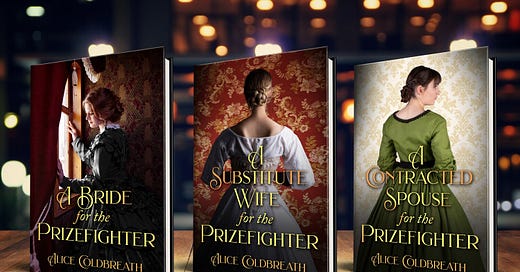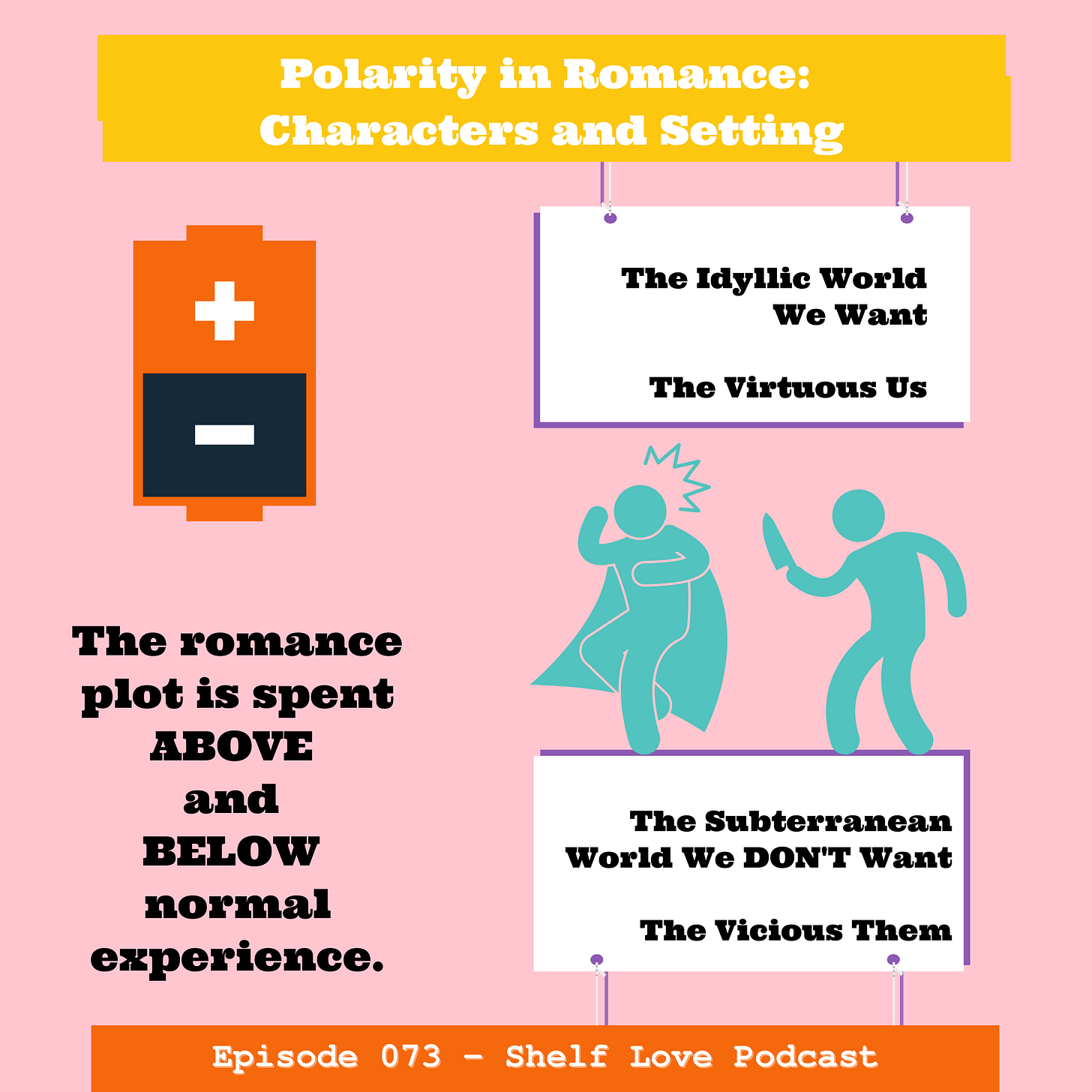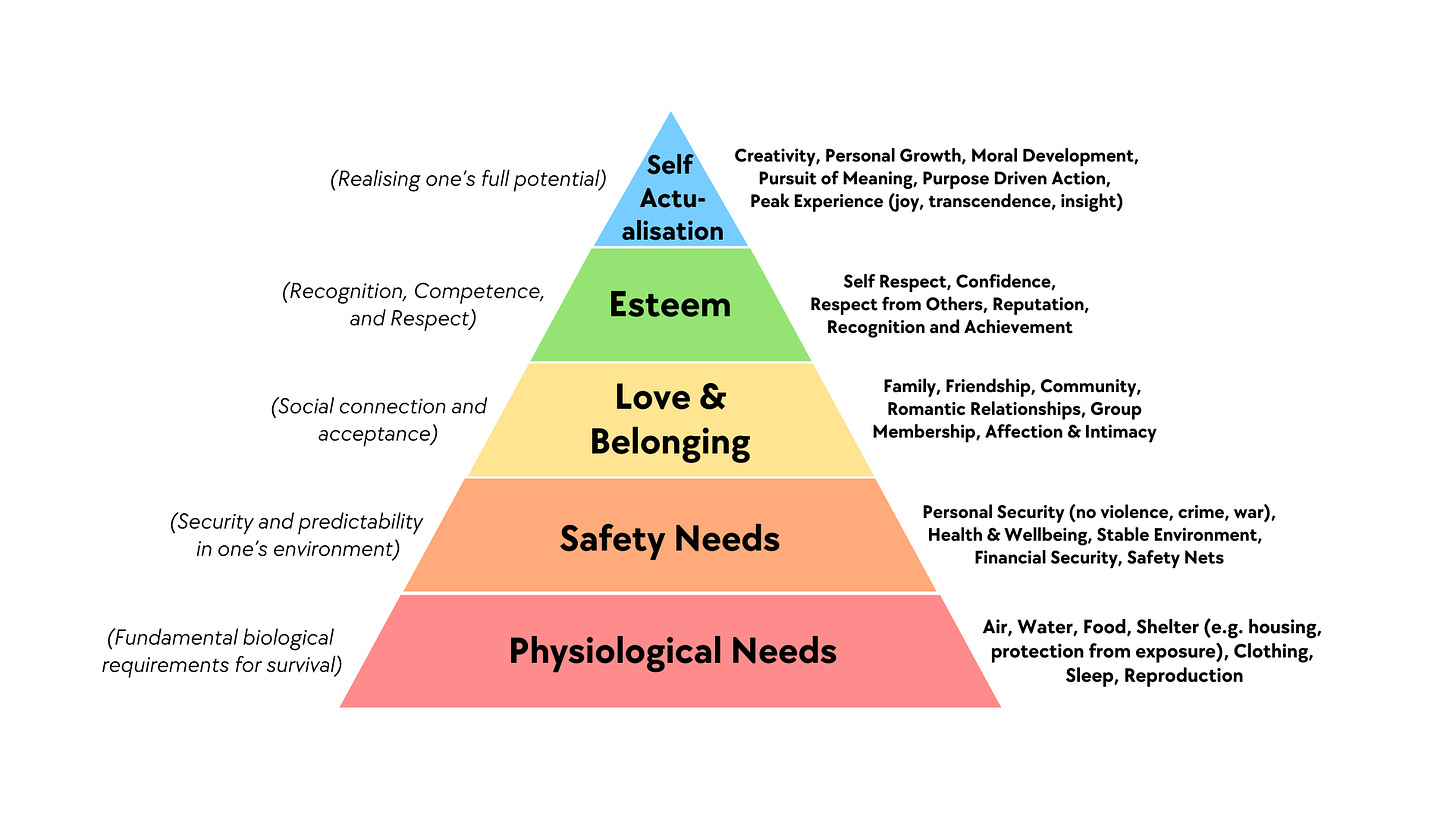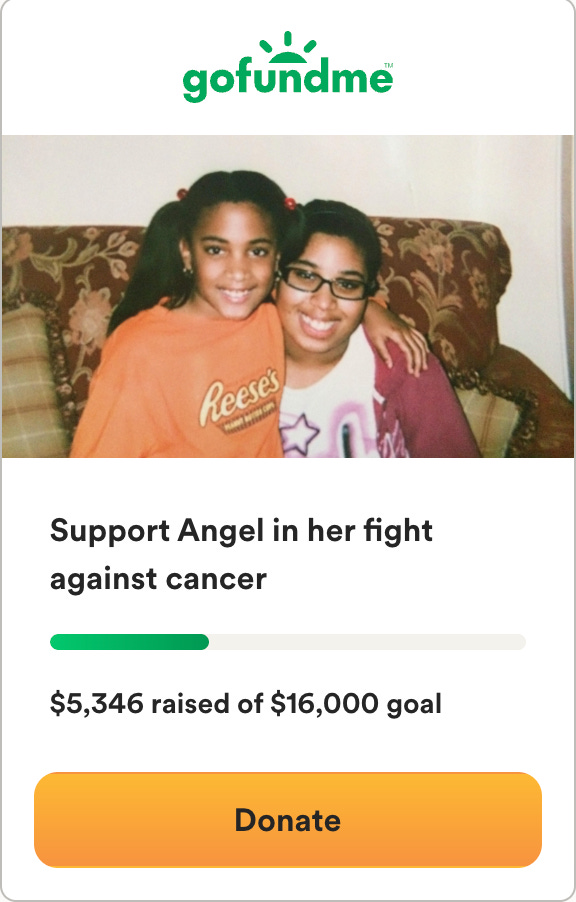One of the toughest pills to swallow as an adult is coming to understand that we don’t live in a “just world.”
Actions don’t always have consequences, wrongs aren’t always righted, and the villain in our life story is often triumphant.
Romance novels begin by presenting a world that is familiar to us: an unjust world. This world stirs us with discomfort—it’s a problem to be solved, and our brains and hearts are compelled to remain engaged and aroused until the discomfort can be resolved.
The fantasy element of a romance novel is that throughout the story, the unjust world is repaired into a just world. The pleasure is found in a fictional resolution that is rarely so complete, assured, or permanent in the “real” world.
Let’s use Alice Coldbreath’s novels as a case study for this phenomenon.
Victorian Prizefighters Series
Creating an Unjust World
I reread Alice Coldbreath’s Victorian Prizefighters series at least once a year, going on 4 years now. I often find myself reaching for them in audiobook when I’m engaged in some sort of intense hands-on activity like sewing or house projects, where I don’t feel I have the attention span for something completely new, and I want a “sure thing.”
Last weekend I found myself in one such situation, feverishly sewing garments with the hyperfocus of someone with ADHD teetering into burnout. (“Someone” = me.)
Each book opens with extreme injustice:
A Bride for the Prizefighter: the heroine’s father dies, leaving her virtually penniless, abandoned and treated unfairly by people she thought were allies, and foisted onto a previously unknown half brother who is the epitome of “hurt people hurt people.” She is hastily married to a surly, hulking Publican (owner of a pub/inn), deposited in a remote, unfriendly landscape with threatening cliffs and cruel-seeming, mocking people.
A Substitute Wife for the Prizefighter: the orphan heroine, whose always been in the shadow of her pretty, vivacious cousin, is thrown out of her aunt and uncle’s home after standing up for the truth. She is destitute, thrown from a liminal middle class life as a poor relative into sleeping on the floor of what is essentially a garment sweatshop, with no prospects and likely future of descending further into ruin.
A Contracted Spouse for the Prizefighter: a lifelong actress raised in a theater family with a love for the craft is told in the space of 24 hours, by all three of her closest relatives/friends, that she has no future on stage, she’s always sucked, and she’ll be most useful as an unpaid housekeeper. Her unique gifts are disparaged, she is completely unseen and misunderstood by people she cares about, and the business and home she legally owns 25% of is essentially stolen from her, in addition to any sense of power or autonomy over her life.
It’s SO extreme! It’s the epitome of what Northrop Frye described in The Secular Scripture1 when he wrote about polarity in romance2. The plot of a romance dives from the “status quo” to the subterranean world we don’t want, populated by the “vicious them.”
Across the 3 books in this series, each opening scenario lays out a framework for not only what we don’t want, but what we don’t deserve. I started listing it all out and realized that Coldbreath essentially deconstructs Maslow’s entire hierarchy of our protagonist’s needs in quick succession:
Physiological needs: suddenly at risk — uncertain food and shelter
Safety needs: thrust into unstable and unsafe spaces
Love & belonging: betrayed by friends, family, potential romantic interests
Esteem: self-confidence in tatters — reputation ruined, loss of respect from others
Self actualization: they weren’t here to begin with, but now they seem farther than ever from realizing their creative potential or achieving a meaningful life
It’s so unfair! The protagonist has literally done nothing to deserve this! I’m angry on her behalf, and I’m angry on my own behalf, because darn it, I know what this feels like! Maybe I haven’t had my entire world destroyed in the space of a few days, but I can certainly sympathize with every single feeling of injury.
Creating a Just World
Now, you’re here so I’m guessing you’ve read a romance novel in your life and you know what’s going to happen next. Over the course of each novel in the Victorian Prizefighters series, each step of Maslow’s hierarchy of needs is resolved one by one, almost exactly in order from bottom to top.
Through a relationship with their love interest (all are M/F romances), first their physical needs are met, then their sense of safety. What I appreciate about Coldbreath’s books is that she addresses the highest levels of needs with support from a wider community of characters, and oftentimes the protagonist circles back to shoring up financial security with her own contributions.
Once their basic needs are supported, Coldbreath’s heroines start to thrive. They build a community around them — they turn skeptics and antagonists into allies, and they earn loyalty not in spite of being themselves but because they are being true to their character.
The “virtuous us” becomes seen, known, understood. They create opportunities to be competent and recognized for their skills, and discover that survival isn’t the only goal — they can actually thrive and live whatever life they figure out is meaningful for them. They are desired as they are, completely and passionately, not because they align with some preexisting ideal, but because their love interest comes to see them and desires them.
The “vicious them” get their comeuppance — not always by dramatically and villainously falling into a vat of acid,3 but the wrong is righted, and sometimes the vicious them repents.
The unjust world we don’t want, that causes us (er, I mean, them) such daily pain, is transformed into the idyllic world we want: a just world.
What We Deserve
“Deserve” is such a funny word. It means “to be worthy of.” To be worthy, you must “earn” it. It’s about merit as opposed to an inborn right.
A just world depends on the idea that our actions control the world.
That’s the toughest pill to swallow, in real life, isn’t it? Obviously our actions have some impact on the world — if I shake a vending machine and it falls on me, maybe I deserved it. If I cut someone off in traffic and get a ticket, maybe I deserved that, too.
Interpersonal relationships are a bit trickier — while our actions with others have some influence on their responses, there’s a lot more we can’t control or anticipate. Do I deserve a rude comment in response to an innocent remark? Maybe from that other person’s perspective, but not from mine.
Then there are the things we have absolutely no control over — geopolitical events, natural disasters, being in the wrong place at the wrong time, our DNA or genetic mutations that wreak havoc on our health and lifespan.
It’s so distressing! There’s no cause and effect, no rhyme or reason, and bad things happen to “good” people who don’t “deserve” it.
So yeah, it feels good to believe that we get what we “deserve” because that means our actions can control the world we live in.
The Function of Romance
Fiction is a world in which the author decides what to include or exclude, and therefore controls the story and influences the emotional response I’ll have when reading it.
I’m drawn to romance novels, at least in part, because of the emotional resolution it provides for me. The feeling of pleasure is a direct result of righting wrongs that were consensually inflicted upon me by the author.
Romances are most satisfying when they tie up all the loose ends that were plaguing us throughout the story. The universe is thrown back into balance — each action has an opposite and proportional reaction. Tragedy is chased with ecstasy in equal measure.
The satisfaction of romance novels comes from a completely unrealistic just world, where we get what we deserve. We can problematize why that’s a harmful worldview in real life and how stories reinforce these harmful cultural beliefs, and we should — but we also have to accept our longing for that just world.4
We want our lives to make sense, and have a sense of autonomy and control: it feels good. Why wouldn’t we want to transport ourselves into a just world, even knowing that we’ll return to an unjust world?
The pleasure of getting what we deserve is real, even if it’s not reality.
Hey… speaking of stupid shit we can’t control…
In my last Substack post, I shared an upcoming event with Dame Jodie Slaughter, which sadly did not happen as she had to cancel her visit to my neck of the woods.
Just before the event, Jodie’s younger sister learned that she may have cancer. Jodie needed to focus on helping her through the diagnosis process, which unfortunately ended up being confirmed a few weeks ago as stage 2 Hodgkins Lymphoma.
Jodie’s sister, Angel, is just 23 years old. She just started treatment and is undergoing chemotherapy, but I know that her health concerns are compounded by financial insecurity. She doesn’t have reliable transportation, will need to take time off of work and will lose income, and doesn’t have a financial safety net to rely on.
If you are in a position to financially support the GoFundMe that Jodie set up for her sister, it would make a huge difference.5 If you are able to help spread the word about this effort, that also can make a huge difference. Whatever is within your control: thank you!
I covered this in 2 episodes of Shelf Love with Dr. Angela Toscano, and also have a handy blog summary of key concepts (with episode links): https://shelflovepodcast.com/blog-posts/romance-novels-and-the-secular-scripture-by-northrop-frye
Frye is using the term “romance” to essentially describe genre fiction, not just romance novels. Mystery, fantasy, sci-fi, horror, and popular romance fiction all generally fall under this category of “romance,” and they focus on an adventure or quest of some kind. Romance is in contrast to the “epic,” which reveals or explicates an understanding of the social religious or natural structure of the universe or culture.
This doesn’t happen once in a Coldbreath book, but does happen multiple times in the Darkly, Madly series by Trisha Wolfe. I do NOT recommend reading any of those books, but there is a very entertaining episode about them, with Fangirl Jeanne, here: https://shelflovepodcast.com/episodes/season-2/episode-119/psycho-killer-come-kiss-me-antagonist-april-4-darkly-madly-duet-with-fangirl-jeanne
This is a “yes, and” situation. Part of loving romance is acknowledging our desires, even if they’re at odds with our logic or values. Denial and judgement keeps us from acceptance and understanding.
I wish we lived in a world where basic healthcare and physiological needs were resolved on a systemic level instead of having to rely on individual fundraising efforts, but I can’t control that. Sigh. It’s not a just world!









Me, reading: “…vat of acid, why is that familiar—“ MADLY DARKLY yes hahaha!
Oh you may have just explained why I always come back to this series, same as you, over and over again (and particularly on audio!).